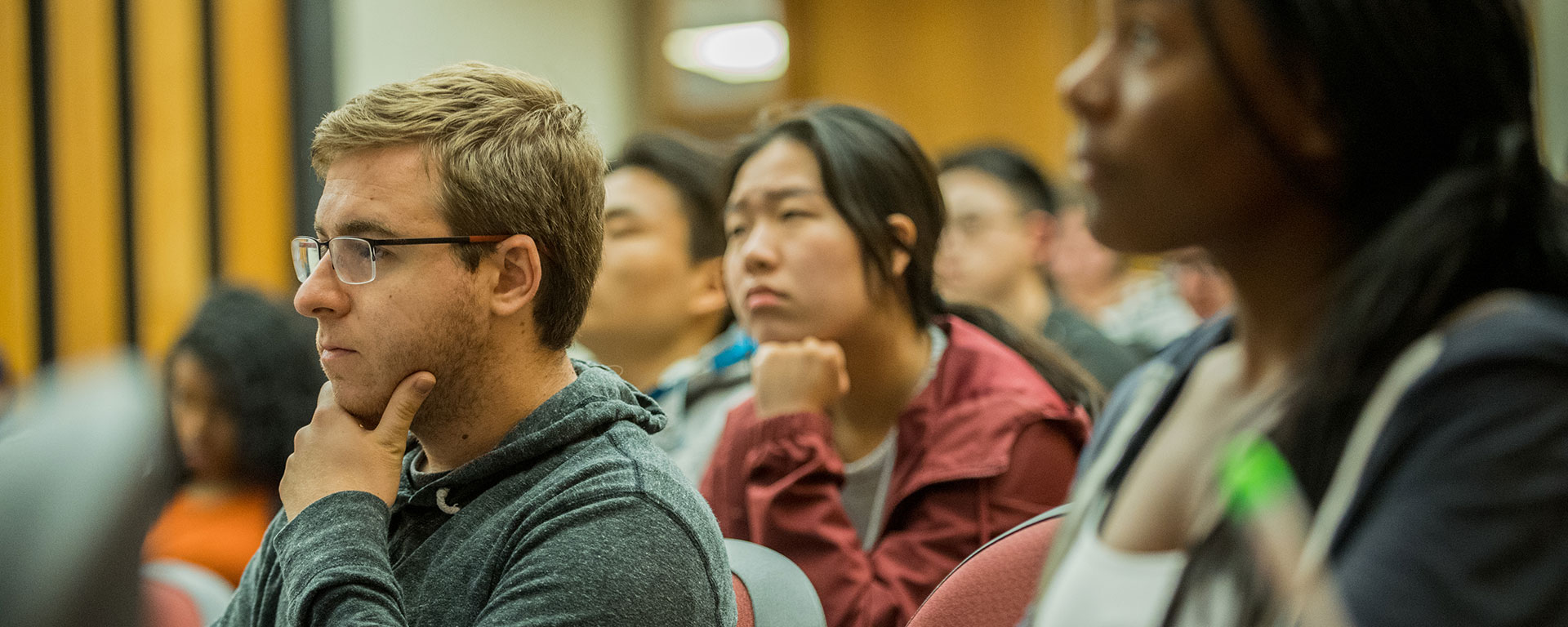Doctorate in Sociology (PhD)
Located in a small and vibrant department, our PhD degree program prizes innovative thought, faculty accessibility, communication, collegiality, and respect. Our program is rigorous yet flexible: we encourage you to define your individual research interests and determine your course of study.
It also provides you with excellent training in research and teaching. As a doctoral candidate, you will participate fully in the life of our dynamic department, serving as a teaching assistant and directing your own courses, participating in scholarly conferences, and collaborating with our distinguished and diverse faculty.
Why Brandeis?
Our department has a long tradition of connecting normative questions of democracy and social justice to critical social thought and qualitative research methods. In addition to expertise in ethnographic, interview, comparative, and historical methods, we are committed to excellence in the qualitative analysis of institutional change.
We offer three areas of focus:
You may choose to pursue one of our two degree programs:
-
A doctoral program in sociology
-
A joint sociology and social policy program with the Heller School for Social Policy and Management
Students enrolled in the doctoral program may elect to earn an MA in Sociology or a joint master's degree in Sociology and Women's, Gender, and Sexuality Studies along the way to the PhD.
Because our program is small, you will develop close and stimulating relationships with both faculty and peers. And you will benefit from all the hallmarks of a Brandeis education: dedicated mentoring by internationally recognized scholars, intellectual diversity, career support, and the wealth of academic and cultural resources Boston offers.
Careers and Alumni
Our graduates make meaningful contributions to the field of sociology, publishing books and articles that receive recognition and awards, and often changing the public agenda in important ways.
Our alumni include:
-
Meredith Bergey, PhD’15, teaches at the University of Virginia, where she is also working with undergraduate students to create a new hospital-based initiative to address social determinants of health in a pediatric clinic. Her latest book is titled "Global Perspectives on ADHD: Social Dimensions of Diagnosis and Treatment in 16 Countries" (Johns Hopkins University Press, forthcoming).
-
Alison Better, PhD’10, teaches at Kingsborough Community College, CUNY, where she is also co-director of Women's and Gender Studies. She recently co-edited and contributed a chapter to "Civic Engagement Pedagogy in the Community College: Theory and Practice" (Springer, 2016).
-
Tobin Belzer, PhD’04, is an applied sociologist and a contributing fellow at the Center for Religion and Civic Culture at the University of Southern California. She was recently a visiting scholar at the Taube Center for Jewish Studies at Stanford University.
Financial Assistance
All sociology PhD students get full tuition, health insurance funding, and a fellowship for up to five years. The fellowship is conditional on satisfactory performance in the program. While on fellowship funding, PhD students are required to act as teaching or research fellows as part of their fellowship support. PhD students also receive tuition remission through the university through their fifth year. Some teaching jobs beyond the fifth year may be available at Brandeis and other local colleges.
